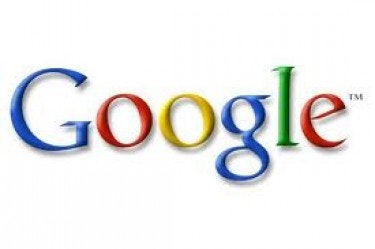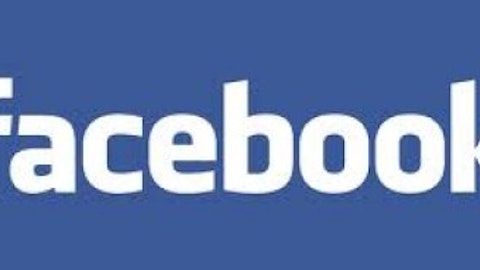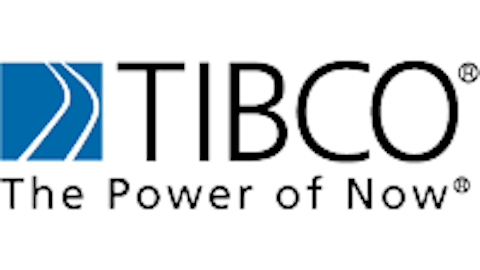Utilities offer a simple and very profitable business model. They use economies of scale to generate large amounts electricity, and then sell their power on a monthly basis. The modern world simply cannot exist without electricity. Due to the multi-billion dollar price tag for a new power plant and a captive customer market, utilities enjoy steady profits. Google Inc (NASDAQ:GOOG) is setting itself up replicate the success of utilities, and it is time that investors take notice.
Barriers to Entry
Google is the dominant player in the online search engine market, and this requires a number of high quality datacenters. These facilities are not cheap; Google Inc (NASDAQ:GOOG) recently paid $273 million for a datacenter in Finland, and it runs 12 more throughout the world.
Data is another critical part of Google’s barriers to entry. Google optimizes its search results based on the click through rates and behavior of its searchers. If more people click on a link and stay on that page, then Google gives that relevant page more weight. If a competing search engine has little traffic, then it cannot optimize its product like Google.
A competitor cannot simply buy a billion dollar datacenter network and expect to have a search engine worthy of competing with Google. These factors help to explain why Google Inc (NASDAQ:GOOG)’s market share stays around 65%, while Microsoft Corporation (NASDAQ:MSFT) and Yahoo! Inc. (NASDAQ:YHOO) are around 17% and 12%, respectively.
Captive Customers
Data is necessary for high quality search results, and it is also a critical part of increasing an ad network’s revenue per thousand impressions (RPM). Google’s Gmail is the world’s largest email service. Google Inc (NASDAQ:GOOG) uses its users’ historical interests and emails to make a profile on its users and then sell ads based on said profiles. While it is true that users can easily switch from one search engine to another, Google maintains a competitive advantage by holding on to users’ data.
There are very few companies that have the user base and ability to monetize like Google Inc (NASDAQ:GOOG). Microsoft continues to improve Bing and can use Hotmail to help provide precious personal data, but its online services division is still producing a loss. Regardless, Microsoft Corporation (NASDAQ:MSFT) is improving its online operations as it was able to reduce its operating loss from -$480 million in Q1, 2012 to -$262 million in Q1, 2013.
Yahoo! Mail is another popular email service, but it has traditionally been a second tier player. Regardless, Yahoo! is one of the most popular web destinations and Marissa Mayer has a large user base she can play with. While the company is facing an uphill battle for market share and profits, it has a fighting chance.
Facebook Inc (NASDAQ:FB) is another web giant with precious customer data, but the company’s ad product is not has developed as Google’s AdWords. Mark Zuckerberg has stated that he doesn’t care about money, and his iron grip over Facebook Inc (NASDAQ:FB) gives him the leeway to run the company as he likes. Given these corporate governance risks and Facebook Inc (NASDAQ:FB)’s low return on invested capital (ROIC) of 0.56%, Google is a safer bet.
GOOG Return on Invested Capital data by YCharts
Strong Financials
Google enjoys a strong cost advantage with its datacenters. Because it runs billions of dollars of hardware, it saves money by designing its own servers. Google’s economies of scale help it to keep costs down, even with a five year revenue growth rate of 21.9% and a five year earnings per share (EPS) growth rate of 20.5%. With a total debt to equity ratio of 0.07 and a ROIC of 15.1%, the company keeps churning out profits like a good utility.
Microsoft Corporation (NASDAQ:MSFT) is trying to deal with the decline in its legacy software business. While businesses continue to buy Windows and Office products, the move to mobile is hurting Microsoft’s growth. The company has a five year revenue growth rate of just 5.5% and a five year EPS growth rate of 3.8%. Microsoft’s profit margin of 21.6% is similar to Google’s profit margin of 20.9%, but Google is better situated to profit as a cloud based utility.
Yahoo! Inc. (NASDAQ:YHOO) is coming back from the dead with a five year EPS growth rate of 44.4%, even if its revenue is shrinking with a five year revenue growth rate of -7.9%. Its ROIC of 29.1% is high, but fundamentally Google Inc (NASDAQ:GOOG) has a better grip on the interconnected world.
Facebook is still a baby, but its profit margin of 0.3% and earnings before interest rate and taxes (EBIT) margin of 9.4% are questionable. The company may provide spectacular growth, but its CEO has made it clear that money is not his first priority, and investors should tread carefully.
Conclusion
Google Inc (NASDAQ:GOOG) is the utility for the twenty first century. Consumers need the internet on a daily basis to discover new information and answer questions. Google’s datacenter network and large userbase give it a strong competitive advantage. Microsoft is trying to upgrade Bing and make a profit online. Yahoo! Inc. (NASDAQ:YHOO) is still searching for direction and growth, while Facebook looks like more of an experiment than a profit seeking corporation. Google offers quality products, growth and strong barriers to entry; a very profitable mix.
The article Bet on Google as a Next Generation Utility originally appeared on Fool.com and is written by Joshua Bondy.
Joshua Bondy has no position in any stocks mentioned. The Motley Fool recommends Facebook and Google. The Motley Fool owns shares of Facebook, Google, and Microsoft. Joshua is a member of The Motley Fool Blog Network — entries represent the personal opinion of the blogger and are not formally edited.
Copyright © 1995 – 2013 The Motley Fool, LLC. All rights reserved. The Motley Fool has a disclosure policy.





